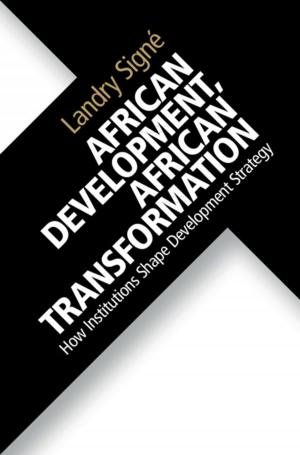The Stag Hunt and the Evolution of Social Structure
Nonfiction, Religion & Spirituality, Philosophy, Political, Social & Cultural Studies, Social Science| Author: | Brian Skyrms | ISBN: | 9781107385856 |
| Publisher: | Cambridge University Press | Publication: | December 15, 2003 |
| Imprint: | Cambridge University Press | Language: | English |
| Author: | Brian Skyrms |
| ISBN: | 9781107385856 |
| Publisher: | Cambridge University Press |
| Publication: | December 15, 2003 |
| Imprint: | Cambridge University Press |
| Language: | English |
Brian Skyrms, author of the successful Evolution of the Social Contract (which won the prestigious Lakatos Award) has written a sequel. The book is a study of ideas of cooperation and collective action. The point of departure is a prototypical story found in Rousseau's A Discourse on Inequality. Rousseau contrasts the pay-off of hunting hare where the risk of non-cooperation is small but the reward is equally small, against the pay-off of hunting the stag where maximum cooperation is required but where the reward is so much greater. Thus, rational agents are pulled in one direction by considerations of risk and in another by considerations of mutual benefit. Written with Skyrms's characteristic clarity and verve, this intriguing book will be eagerly sought out by students and professionals in philosophy, political science, economics, sociology and evolutionary biology.
Brian Skyrms, author of the successful Evolution of the Social Contract (which won the prestigious Lakatos Award) has written a sequel. The book is a study of ideas of cooperation and collective action. The point of departure is a prototypical story found in Rousseau's A Discourse on Inequality. Rousseau contrasts the pay-off of hunting hare where the risk of non-cooperation is small but the reward is equally small, against the pay-off of hunting the stag where maximum cooperation is required but where the reward is so much greater. Thus, rational agents are pulled in one direction by considerations of risk and in another by considerations of mutual benefit. Written with Skyrms's characteristic clarity and verve, this intriguing book will be eagerly sought out by students and professionals in philosophy, political science, economics, sociology and evolutionary biology.















